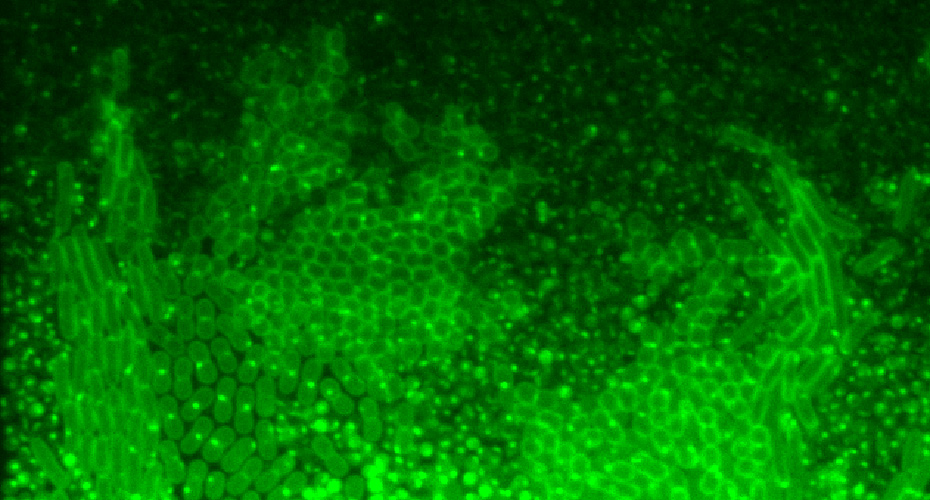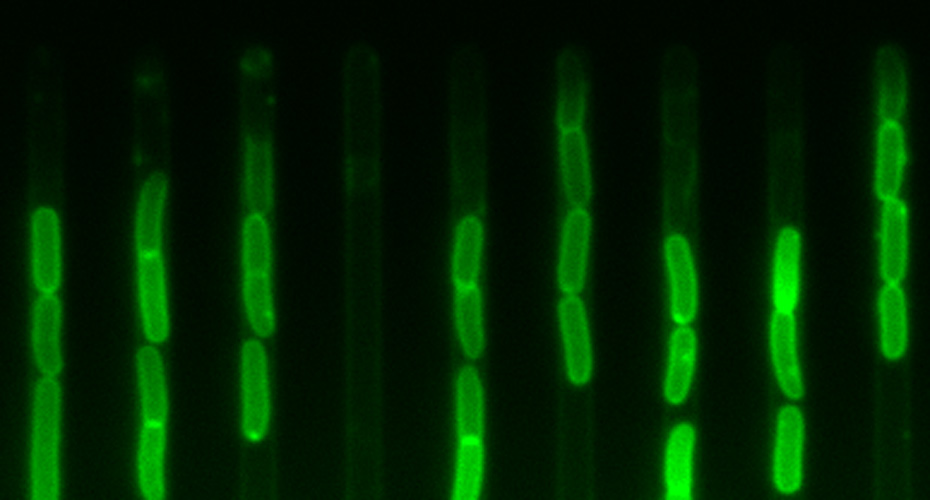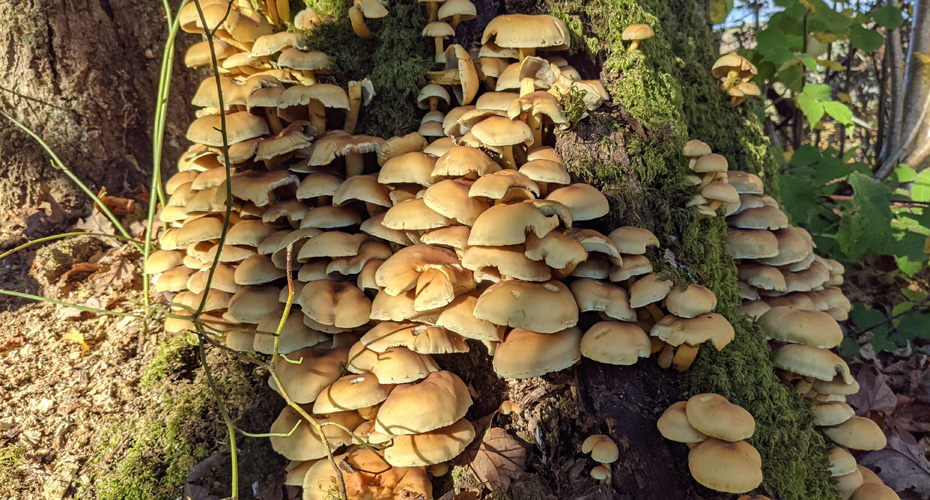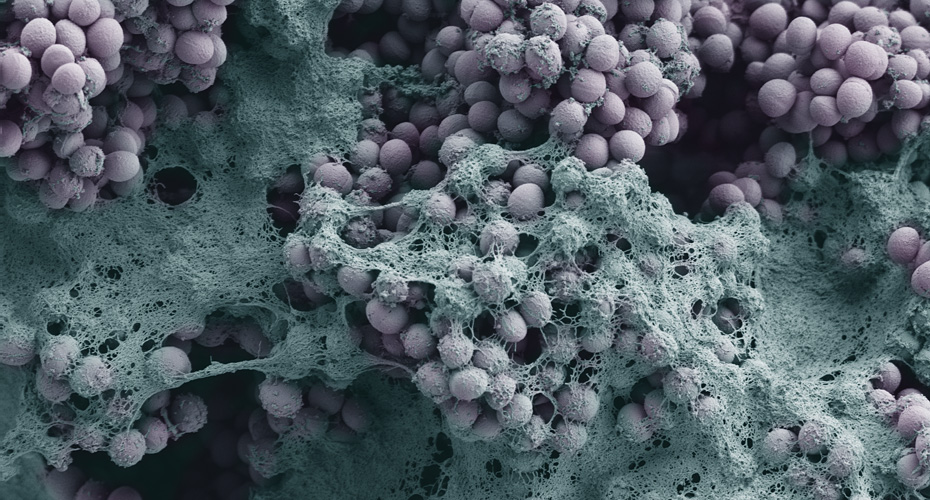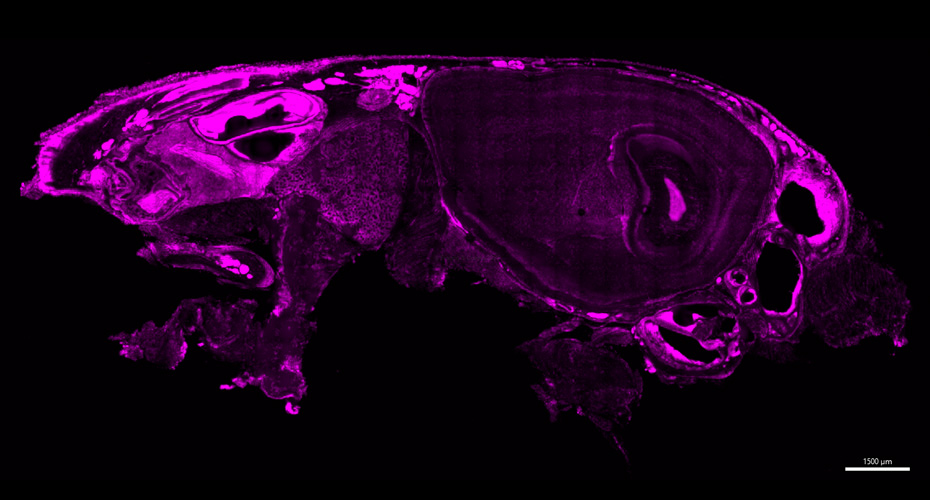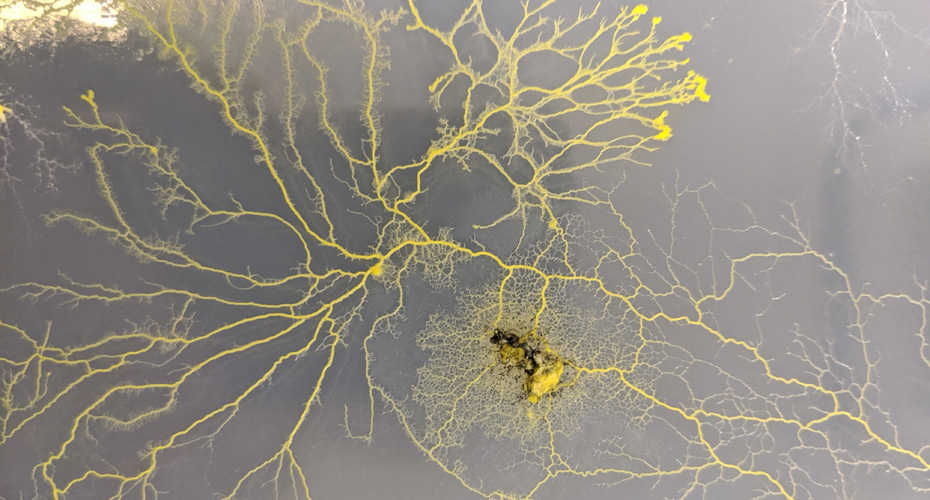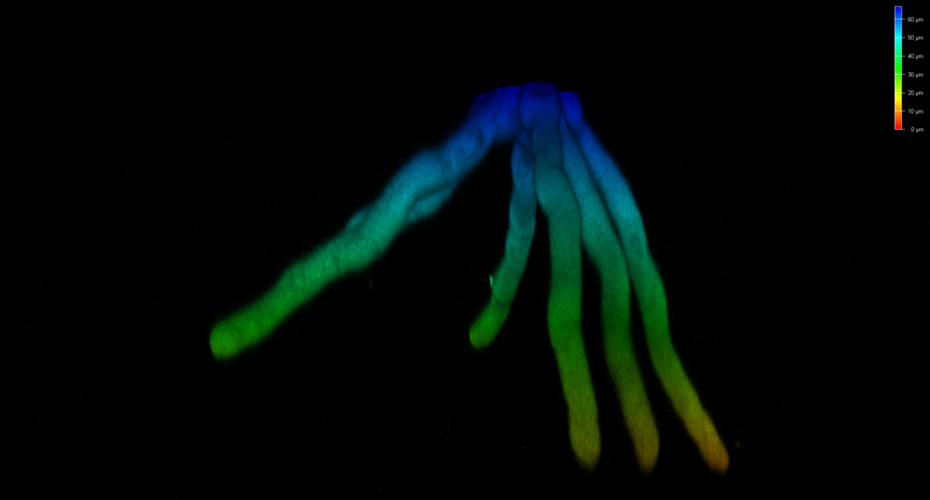Microbes and disease
The Microbes and Disease theme is one of the largest microbiology communities in the UK, encompassing ground-breaking research on bacteria, fungi and viruses.
We investigate plant, animal and human disease, antimicrobial resistance, pathogen-host perception and immune evasion, but also fundamental microbial processes such as signalling, nutrient uptake, and environmental interactions. We study plant and animal microbiomes and microbe-microbe interactions such as bacteria-phage population dynamics, co-evolution, co-operation, and competition within and between fungi and bacteria.
The theme encompasses the internationally-recognised MRC Centre for Medical Mycology (MRC CMM) which studies fundamental and applied aspects of fungal diseases in humans. We also have strong synergies with the University-wide Microbes and Society Network and Anti-Microbial Research (AMR) Network.
Researching microbes for global health
In our research we appreciate the interconnectedness of human, animal and environmental health, using the ‘One Health’ framework to address global challenges such as antimicrobial resistance.
We aim to discover the mechanisms underpinning the interplay between the functioning of microbes and their hosts or wider environments, with the ultimate goal of engineering biology for sustainable and inclusive growth of national and global societies.
Our approaches
We investigate key host-pathogen interactions through an interdisciplinary approach spanning molecular microbiology, immunology, systems biology, microbial ecology and evolution, to omics, single-cell analysis, biophysics and mathematical modelling. Researchers use cutting-edge techniques such as 3rd generation sequencing, advanced microscopy or microfluidics, and are committed to finding alternatives to animal models of disease.
